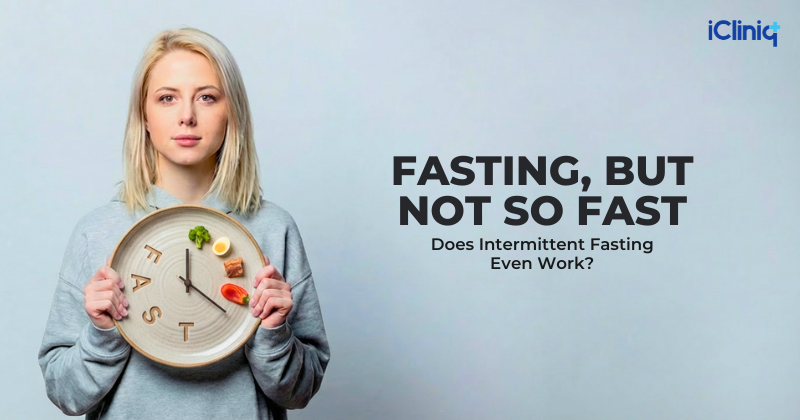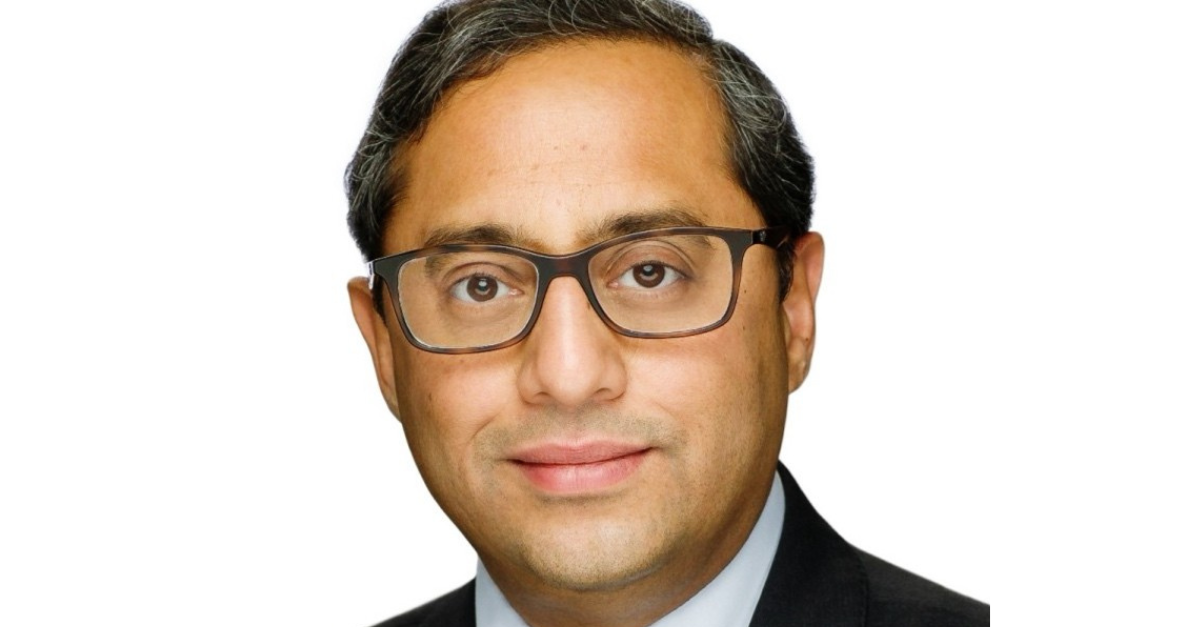In a world obsessed with efficiency, optimization, and getting more done in less time, the idea of intentionally being less productive may sound counterintuitive. Yet, as Oliver Burkeman—author of Four Thousand Weeks: Time Management for Mortals and Meditations for Mortals: Four Weeks to Embrace Your Limitations and Make Time for What Counts—suggests, redefining our relationship with productivity can lead to a more meaningful, fulfilling life. Burkman’s work challenges the relentless pursuit of productivity and offers a fresh perspective on how to navigate our limited time on Earth.
We think that Burkeman’s ideas are particularly important ideas for anyone considering retirement. So many articles will tell you to delay retirement and be afraid. However, we at Boldin want you have a sense of control over your future and confidently retire when you are ready!
Why Productivity Can Be a Trap
At its core, modern productivity culture feeds on the illusion that you can “conquer” time. By streamlining tasks, eliminating inefficiencies, and working harder, you’re told you can finally reach a state of control—where your to-do lists are empty, our schedules are clear, and you have time for everything that matters. However, as Burkman points out, this ideal is not only unattainable but also deeply misguided. The more you try to do, the more tasks and obligations seem to multiply. Productivity becomes a treadmill, leaving you perpetually busy but rarely fulfilled.
Instead of leading to satisfaction, the pursuit of maximum efficiency often results in anxiety, burnout, and a disconnection from what truly matters. By filling every moment with tasks, you crowd out opportunities for creativity, reflection, and genuine connection—the very things that give life depth and meaning. As Burkman argues, accepting the finitude of time requires you to confront an uncomfortable truth: you cannot do it all, and that’s okay.
Burkeman’s Key Insight: The Freedom in Doing Less
One of Burkman’s key insights is that letting go of the need to be hyper-productive can actually free you to live a more intentional and rewarding life. By acknowledging your limitations, you can prioritize the things that truly matter and let go of the rest. This might mean spending more time on deep, meaningful work instead of juggling endless tasks or choosing to savor moments of leisure without guilt.
Being less productive also opens the door to serendipity and creativity. When you stop over-scheduling, you allow space for unplanned experiences, deeper relationships, and moments of inspiration. For instance, some of the most innovative ideas and breakthroughs come not from meticulously planned work but from idle, unfocused moments—what some might dismiss as “wasting time.”
Reimagining Success
Ultimately, Burkman invites you to rethink what success looks like. It’s not about squeezing every drop of utility out of each day, but about cultivating a life that aligns with your values and aspirations. This might involve embracing imperfection, saying no to opportunities that don’t align with your priorities, and focusing on quality over quantity in both work and relationships.
By being less productive in the conventional sense, you create room for what Burkman calls “the joy of missing out”—the freedom to live a life not dictated by endless demands but by what truly brings you joy and purpose. In doing so, you can transform your relationship with time and make the most of your fleeting four thousand weeks.
Should You Be Retiring? What’s Holding You Back?
There are many Boldin users who are objectively financially ready to retire, but something is holding them back: Lifetime habits around productivity? A fear that some unknown unknown will sabotage your financial plans? Worries that boredom will set in?
Holding tight to productivity
Burkman’s philosophy resonates deeply with those who have reached financial independence or are ready to retire but continue to work. You might be staying on the job not because you need the income, but because you feel tethered to the societal expectation of productivity or fear a loss of purpose. In this case, it is important that you plan what you want to do in retirement, not just how you are going to pay for it.
Burkman’s ideas can serve as a nudge to rethink your priorities. Many people delay retirement out of fear—fear of boredom, irrelevance, or losing a sense of identity tied to their career. But stepping back from the need to always “do more” can create the space for new opportunities, relationships, and pursuits. Retirement doesn’t have to mean stopping; it can mean starting something entirely different—whether it’s pursuing long-delayed passions, volunteering, or simply savoring unstructured time.
A fear of the unknown
People using the Boldin Planner typically have different “what if” scenarios for things that might go wrong in the future. These scenarios are a very important part of responsible retirement planning. However, we also see that people are afraid of retiring into unknowns.
Burkeman quotes a Haitian proverb that says, “Beyond the mountains, more mountains” and talks about learning to be okay with the unknowns.
We recommend that you plan for pessimistic scenarios, but don’t let fear keep you from retiring. Instead, cultivate resilience which allows you to navigate unexpected challenges with grace and adaptability. Some things might go wrong, but it is unlikely that everything will go wrong all at once, and no matter what, you are likely to find a way. Resilience gives you the confidence to face the future.
Compromise and priorities
When it comes to financial planning for retirement, compromise and prioritization are essential. You have finite resources, and trying to plan for every possible expense, risk, or lifestyle desire can lead to frustration or paralysis. Instead, it’s crucial to focus on what matters most to you and allocate your resources accordingly. This might mean choosing to retire earlier with a simpler lifestyle rather than delaying retirement to accumulate more wealth.
Compromise doesn’t mean settling; it means making intentional decisions about trade-offs that align with your values. For example, you might decide to downsize your home to free up funds for travel or to work part-time in retirement to maintain a sense of purpose without overextending yourself. By focusing on your core priorities, you can craft a retirement plan that feels both realistic and fulfilling, rather than being driven by an endless pursuit of “enough.”
As Burkeman writes, “You can’t care about everything.”
Plan, Have Back Up Plans, Retire, and Stay on Track
At Boldin, we firmly stand behind the quote from Dwight D. Eisenhower who said, “Plans are useless, but planning is indispensable.” We developed the Boldin Planner as a living breathing tool that evolves with you and whatever life throws at you.
- Start by planning your future.
- Then plan for what might go wrong.
- Live your life. Retire!
- And, continue to use the Boldin Planner to help you adjust your plans as life happens.
Publisher: Source link










